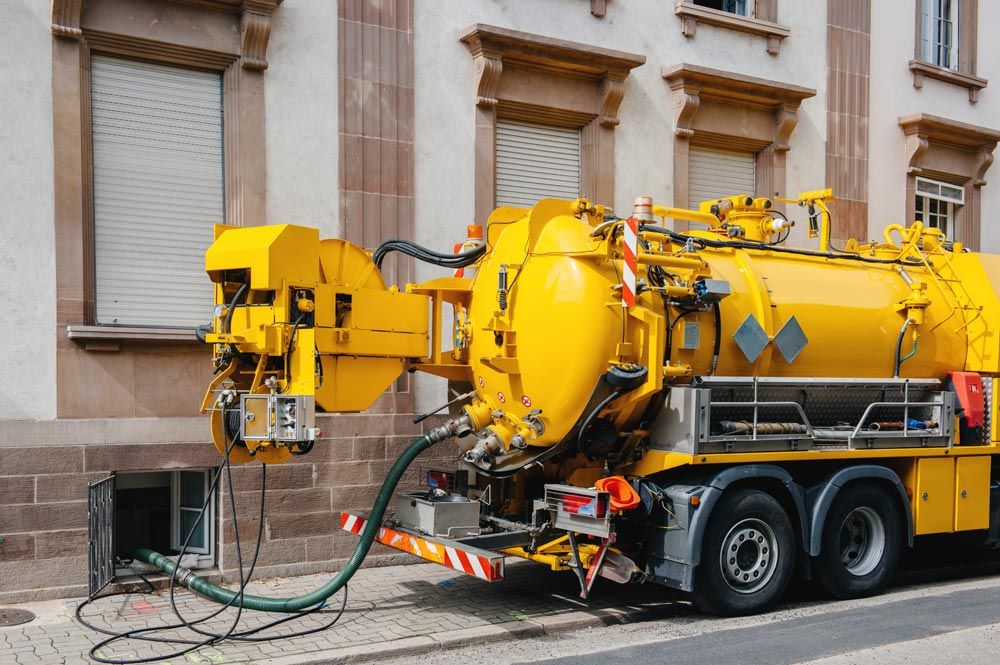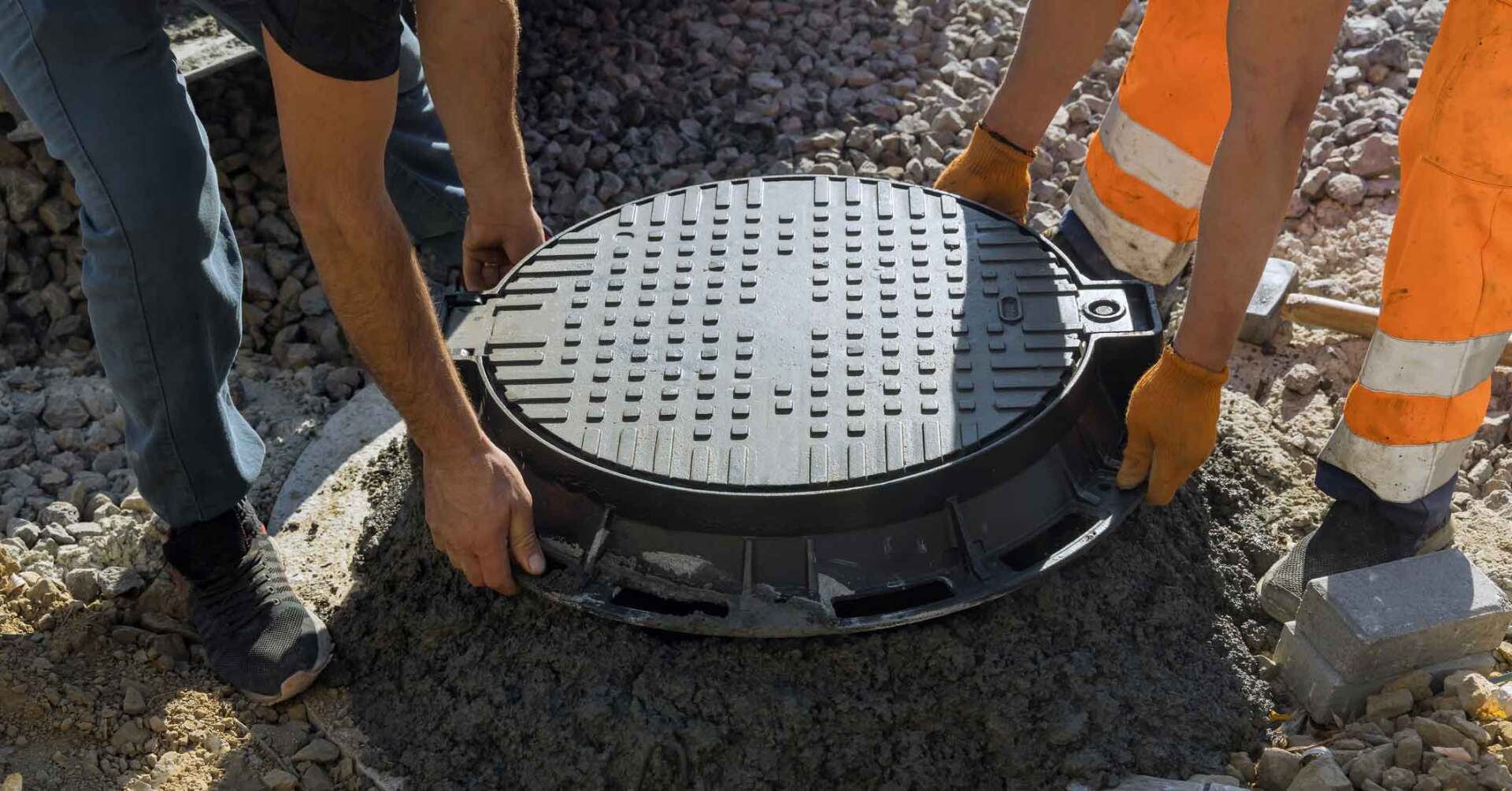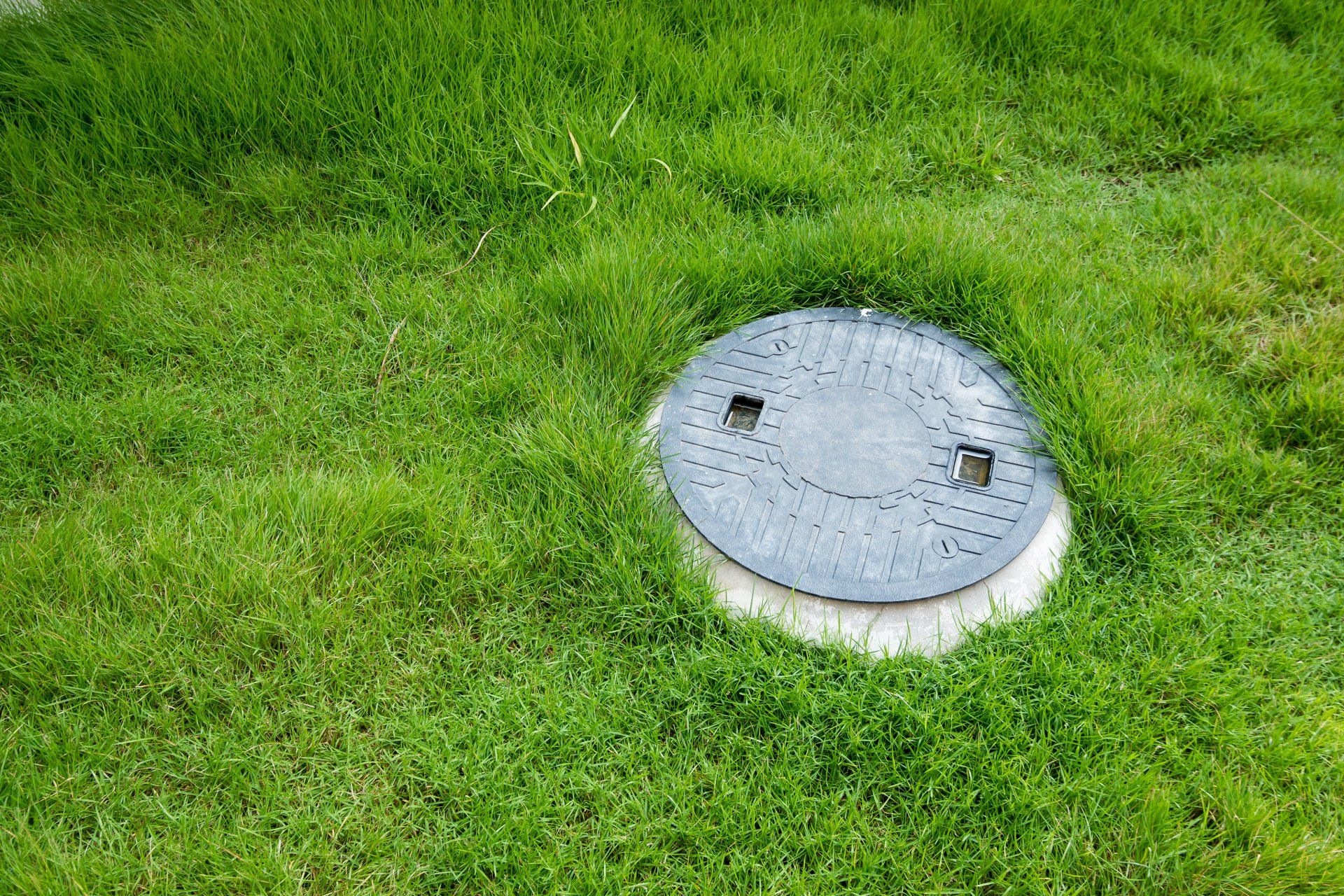The Importance of Residential Wastewater Treatment Services
As homeowners, we often overlook the importance of proper wastewater treatment in our homes. However, it is crucial to understand the impact that untreated wastewater can have on our environment and health.
In this article, we will delve into the world of residential wastewater treatment services and why they are essential for every household.
What Is Residential Wastewater Treatment?
Residential wastewater treatment involves processes that remove contaminants from household water before it is released back into the environment. This includes removing pollutants, pathogens, and chemicals that can harm aquatic life and human health. Wastewater treatment is crucial for maintaining water quality and preventing the spread of waterborne diseases.
Benefits of Residential Wastewater Treatment
One of the main benefits of residential wastewater treatment is protecting the environment. Untreated wastewater can contain harmful substances like heavy metals, pathogens, and nutrients that can pollute rivers, lakes, and groundwater sources. These pollutants can have severe impacts on aquatic ecosystems, disrupting the balance of life and harming wildlife. Additionally, contaminated water sources can pose significant health risks to humans, leading to diseases and other health issues. By treating wastewater before discharging it into the environment, we can reduce pollution levels and protect our water resources, ensuring a safer, healthier planet for future generations. This process not only preserves the natural beauty of our landscapes but also plays a crucial role in sustaining biodiversity and overall ecological health.
Health Impacts of Untreated Wastewater
Untreated wastewater poses serious health risks to humans and wildlife. Pathogens found in untreated sewage can cause diseases such as cholera, typhoid fever, and hepatitis A, which can spread rapidly in communities lacking proper sanitation. Additionally, exposure to contaminated water can lead to skin infections, gastrointestinal issues, and respiratory problems, affecting the quality of life for those impacted. Furthermore, untreated wastewater can disrupt local ecosystems, harming aquatic life and reducing biodiversity. By investing in residential wastewater treatment services, we can safeguard our health and well-being, protect our environment, and ensure a sustainable future for generations to come.
Types of Residential Wastewater Treatment Systems
There are several types of residential wastewater treatment systems available for homeowners to choose from. These include septic tanks, aerobic treatment units (ATUs), sand filters, and constructed wetlands. Each system has its own advantages and disadvantages depending on factors like household size, soil type, and budget constraints.
If you are on a property with challenging terrain, or your current access to a septic system is endangered or nonexistent, then our services might be right for you.
Wastewater Treatment Services
When selecting a residential wastewater treatment service provider for your home, it is essential to consider their experience, reputation, and expertise in the field. If you need on-site wastewater treatment, then give us a call. Our team provides effective, scalable, and superior wastewater treatment systems that work for properties that do not have access to sewer or existing systems that are failing. Our professionals are always equipped with the proper tools to operate, maintain, and analyze systems and recommend the best treatment solution, no matter the state of your current system.
In conclusion, residential wastewater treatment services play a vital role in protecting our environment, health, and water resources from contamination. Properly managing the wastewater generated in our homes ensures that harmful pollutants do not make their way into our rivers, lakes, and oceans, preserving the ecosystem and biodiversity. By investing in state-of-the-art wastewater treatment systems for our residences, we not only safeguard our immediate surroundings but also contribute to a cleaner, safer future for generations to come. This conscious effort helps to maintain the quality of our drinking water, supports public health, and underscores our responsibility towards sustainable living.
Call us today to learn more.





